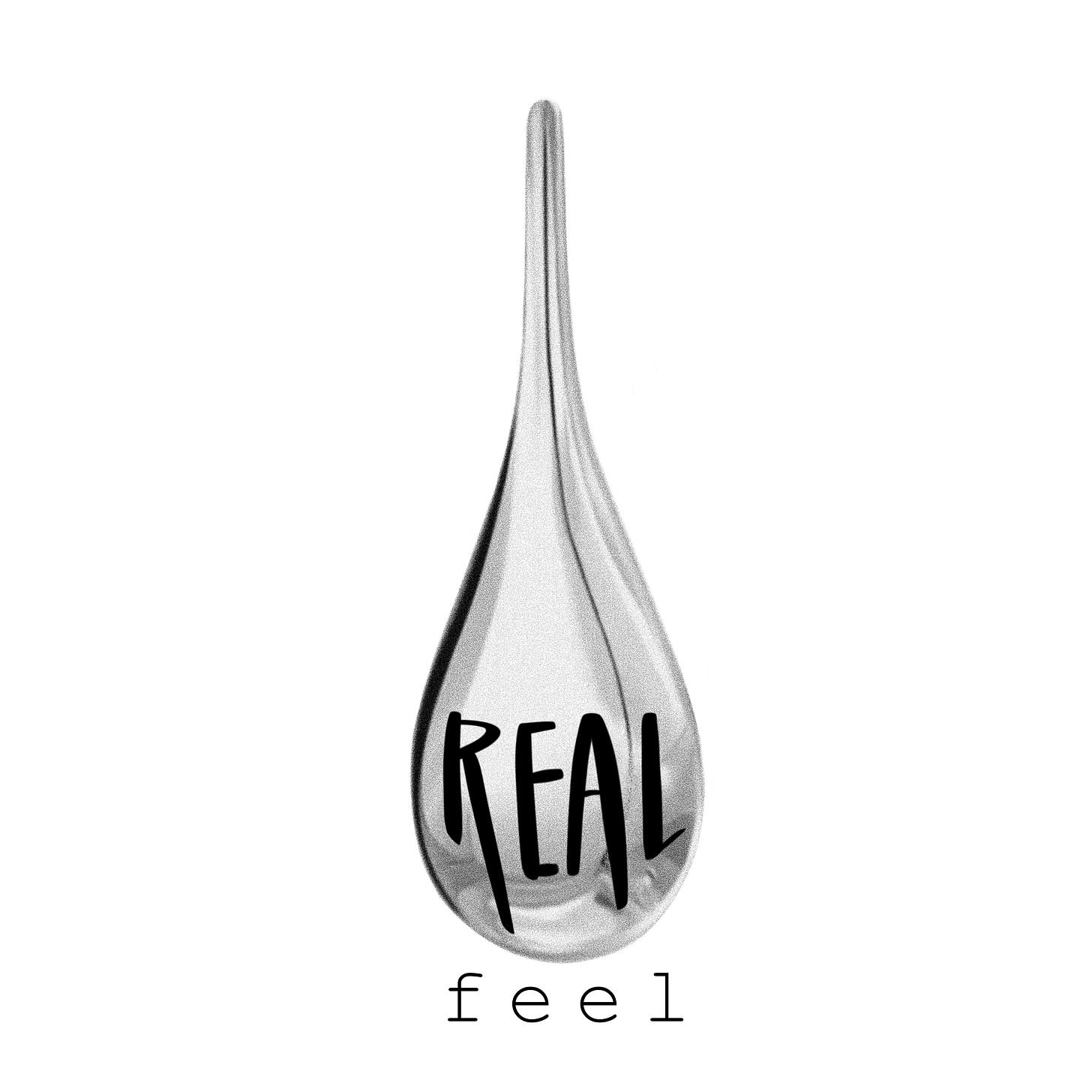I walked into my own operating room. It wasn’t until later, when I said this out loud to a friend, that I realized it was strange. On TV, most patients are sedated in the prep wing and rolled in unconscious. I was brought to the door by a nurse who told me to head over to the table in the center and lie down.
I could see it all: the blinding surgical lights hanging from the ceiling like little suns, the half-dozen people masked up and moving around me, my surgeon’s Operation-themed cap. (The patient in Operation is named Cavity Sam, but I couldn’t have told you that in the moment.) I was strapped in on pink foam, and I watched the anesthesiologist lean over me. I told him that he smelled nice and that I was very aware of my internal organs. “Give it a minute,” he said, “and you’ll start to feel less.”
Part of me wishes I could remember what it felt like to be cut open. All I had when I woke up were four incisions, each about an inch long, fat black caterpillars marching across my stomach. They weren’t even in a straight line; they zig-zagged like little drunks. This is not a real problem, I realize. But it’s something to fixate on that’s aesthetic, unimportant, surface. Safe.
It wasn’t until several hours later — after I’d been transferred to a room in another wing, potentially to stay the night if my blood pressure didn’t stabilize — that I finally cried. It was a big, wet cry, the kind that rolls through you like an earthquake over the ocean floor. I didn’t want any of this to be happening. I wanted to skip to the end, wake up whole, without bloody gashes sealed with surgical glue, without the raw internal sensation that something inside me had been fucked with. A nurse had made me pee, and there’d been so much blood. After Neo’s mind and body are unplugged from the Matrix and thrust into the real world, he’s kept asleep in a little glass box until his muscles are reformed and his healing is complete. Until he can, at least physically, handle what’s waiting for him. I wanted a glass box, an accelerant, to be allowed to skip to the end.
I’m not very good around sharp objects. I look at them and become too conscious of my meat sack body, of what would happen if it came into contact with something so unforgiving. When I was around 8 or 9, my sister and I got into a fight in the kitchen. I don’t remember what it was about, but I remember that she was holding a knife: the tableware kind with a dull serrated edge that’s supposed to spread butter or cut chicken, maybe, but not steak. The caution in me hadn’t yet taken hold, and I guess I thought I could stop her from pointing the knife at me if I grabbed the other end. We both held on for a minute. Then she yanked hard on the handle, and the serration zipped across the base of my ring finger, slicing deep.
Blood, everywhere. (Fingers and heads bleed the most, my grandma, a former nurse, always said.) Me screaming, Mom yelling. My mother sitting me on the edge of our big stainless steel kitchen sink and running water over the cut. Pressing a paper towel to it, watching the red stain expand, tearing a new sheet from the roll. Much later, when the bleeding had finally slowed, I peeked under the paper towel. I saw an inch-long gash, bright chunks spilling out of it like tomato seeds — parts of me that weren’t meant to be exposed. I don’t think I got stitches, but I do still have the scar, shaped like a triangle where the skin had to reach to put itself back together.
Many, many years later, I was in bed with my partner at the time, my wrists tied to their headboard with waxed cord. Neither of us was new to kink, but it was our first time doing it together — an attempt, I think now, to resuscitate a flagging relationship. (We’re losing Cavity Sam!) It had, of course, been decided that I’d be the one to give up control. At first it went well, my partner touching and tantalizing, me wriggling happily. Then, a few minutes in, they did something I wasn’t expecting and that we hadn’t discussed: they brought out a knife.
It was a pocket knife they mostly used to break down boxes at work. The blade was small but, as they’d told me many times, very, very sharp. They ran it slowly down my arm, over my torso. I don’t think we’d even talked about a safe word. I didn’t want to ruin the moment — to give them another reason to reject me — but I also didn’t trust them not to dip the knife blade a millimeter lower, to knick my skin, to lap up the blood. A tear leaked out, then another. I started to hyperventilate. To their credit, they stopped right away, untied me, and apologized. They might even have hugged me and told me it was okay; my memory isn’t the best. I do recall feeling that I’d let them down in some fundamental way, like going back on a dare. That I was, in their eyes, too precious with my own flesh.
In the end, I didn’t have to spend the night in the hospital. My surgeon — who is also my gynecologist — came in to check on me around 8 p.m. and said something to the effect of, “Oh, you’re afraid you might throw up on the car ride home? Just take the train.” This did not comfort me at all, but it did have a galvanizing effect. I could either drag my anesthesia-addled ass back to my apartment, or I could be saddled forever with the disdain of my gynecologist of nearly a decade. It wasn’t really a choice.
Yesterday, after a shower, I peeled off the rest of the flaking surgical glue. It’s been about three weeks, and the incisions look less like black caterpillars and more like little pink mouths pursed into lines. The memory of the OR is still there, though, humming and beeping and bright.




